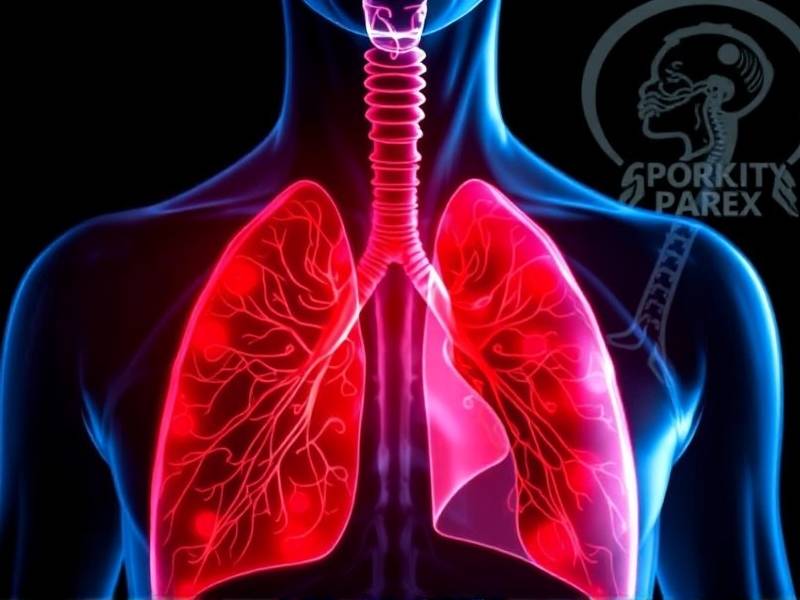How Long Does It Take for COPD to Improve After Quitting Smoking?
Understanding COPD and Smoking
Chronic Obstructive Pulmonary Disease (COPD) is a progressive lung disease that affects millions of people worldwide. One of the leading causes of COPD is smoking, which damages the lungs over time. If you're a smoker with COPD, quitting can be a significant step towards improving your health.
The Journey to Improvement
Quitting smoking is just the beginning of a journey towards better lung health. Many people wonder how long it will take for their COPD symptoms to improve after they stop smoking. The answer varies from person to person, but there are some general timelines and milestones to consider.
Immediate Benefits
As soon as you quit smoking, your body starts to repair itself. Within 24 hours, your heart rate and blood pressure begin to return to normal levels. Your body also starts to rid itself of carbon monoxide, which can improve oxygen flow in your bloodstream.

Short-Term Improvements
In the first few weeks after quitting, you may notice some short-term improvements:
- Breathing Easier: You might find that you're able to breathe more easily and with less effort.
- Increased Energy: Many former smokers report feeling more energetic and having better overall vitality.
- Improved Sleep: Quitting smoking can also lead to better sleep patterns.
Medium-Term Improvements
Over the course of several months, you can expect further improvements:
- Reduced Coughing: Your cough may decrease as your lungs clear out mucus and debris.
- Enhanced Lung Function: Your lung function can start to improve as the damage caused by smoking begins to heal.
- Better Quality of Life: Many individuals experience an improved quality of life as their symptoms diminish.
Long-Term Improvements
After several years of not smoking, you can look forward to even more significant improvements:
- Reduced Risk of COPD Exacerbations: Quitting smoking can significantly reduce the frequency and severity of COPD exacerbations.
- Lower Risk of Other Health Conditions: Former smokers also reduce their risk of other health conditions related to smoking, such as heart disease and stroke.
- Increased Life Expectancy: Over time, quitting smoking can lead to an increased life expectancy for individuals with COPD.
Factors Influencing Improvement
It's important to note that the rate at which someone's COPD improves after quitting smoking can vary based on several factors:

- Duration and Intensity of Smoking: The longer you've smoked and the more cigarettes you've smoked per day, the longer it may take for your lungs to recover.
- Age at Quitting: Younger individuals tend to see improvements sooner than older individuals due to faster healing processes in younger bodies.
- Overall Health Status: People with other health conditions may experience slower improvements in their COPD symptoms.
Support Systems
Quitting smoking is challenging, but there are many resources available to help:
- Professional Support: Consult with healthcare providers who specialize in respiratory care for personalized advice.
- Smoking Cessation Programs: Look into local programs that offer support groups, counseling, and medication assistance.
- Community Resources: Joining a community group or online forum can provide additional motivation and support.
Conclusion
The road to recovery from COPD after quitting smoking is unique for each individual. While there are no guarantees about how quickly one's symptoms will improve, it's clear that quitting is a vital step towards better health. With patience, persistence, and support from healthcare professionals and community resources, many individuals with COPD find that their quality of life improves over time. Remember that every day without smoke is a step towards healthier lungs.
